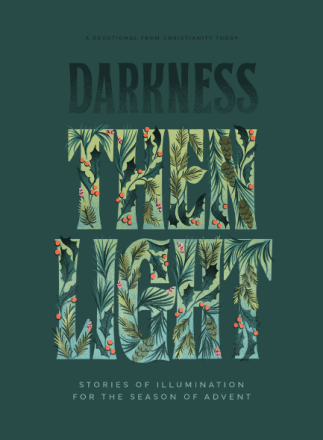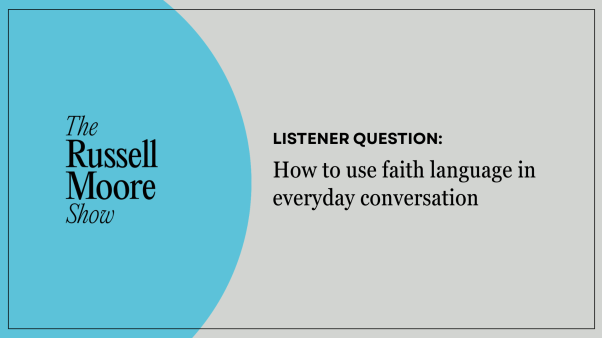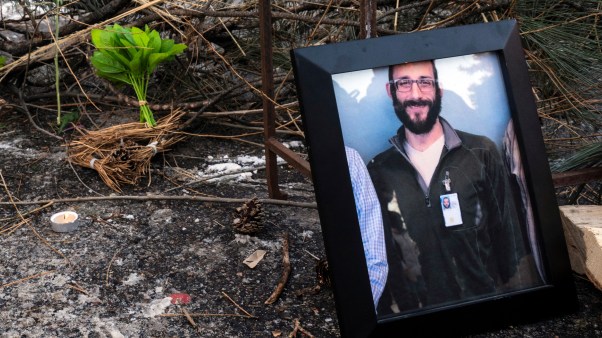Mom passed away this afternoon.” My sister-in-law spoke the five words no one wants to hear—especially not on Christmas Eve. As we adults talked quietly on the phone, our kids half watched a Christmas movie and ate their dinner, trying to figure out what was going on.
It was Chinese takeout, our family’s yearslong Christmas Eve tradition. It was cold before we grown-ups took a bite.
We walked in circles outside, reeling. We’d experienced death in our extended family before, but this was different. This was my wife Emily’s mother. This was the first of our parents to die. Even as we tried to process the news and planned to get Emily to Canada to be with her dad and sister, Christmas loomed large. What would the next day be like? How would we tell our friends—our gospel family here in Tennessee—about what happened without ruining their Christmas?
The next day was heavy but normal. Presents, food, and another failed attempt at rallying the family around a reading of the birth of Jesus (Luke 2:1–20). Phone calls and texts with family. Quiet time to contemplate.
The following days and weeks were a blur of calls, texts, tears, and travel. As January passed into February, we prayed for a sense of normalcy. We didn’t yet know this was only the beginning of a storm that would rage for over a year: A major health scare and surgery. Another unexpected death, this time my sister’s husband, a man I’d known for over 30 years. The end of our church of more than eight years.
We prayed for the storm to end and for peace to come. But instead of Jesus calming the storm (Mark 4:39), our boat was overturned. Instead of finding stillness, we were washed up on the shore to sit beside Job, the weary saint who helped me see the light.
It’s easy to misread Job’s story, especially when God breaks his silence and responds to Job’s complaints (Job 38–40). His “Where were you when” stings, seeming to say, “I’m God. You’re not. So how about you sit down and shut your mouth?” Yet one small but important detail challenges this idea: “Then the Lord spoke to Job out of the storm” (38:1). When God appears, he is identified by his intimate, covenantal name—YHWH, I Am Who I Am. The name given to sustain his people in their distress (Ex. 3:14). The name that told them he was with them in their trials—and tells us the same.
He is with us in the storm.
That is Advent’s promise, one Christ’s birth made manifest as “the Word became flesh and made his dwelling among us” (John 1:14). Despair will haunt us, but God will not abandon us. Storms will come, but Christ is with us. Darkness will come, but after darkness comes light.
And one year later, on Christmas Eve, we sat down for dinner. It was Chinese takeout, our family’s yearslong tradition. It was hot when we took our first bite.
Aaron Armstrong is the author of Faith Simplified: What We Believe and Why We Believe It. For nearly 20 years, he has served local churches as a preacher, small-group leader, and children’s ministry leader.













